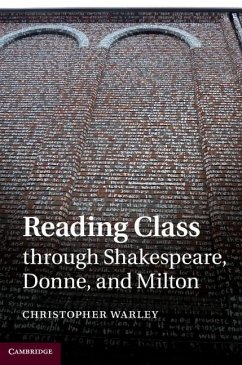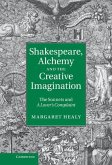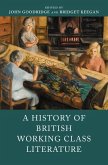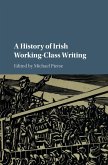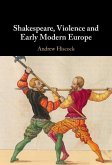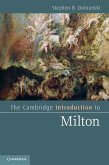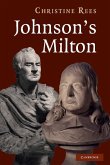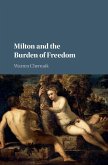Why study Renaissance literature? Reading Class through Shakespeare, Donne, and Milton examines six canonical Renaissance works to show that reading literature also means reading class. Warley demonstrates that careful reading offers the best way to understand social relations and in doing so he offers a detailed historical argument about what class means in the seventeenth century. Drawing on a wide range of critics, from Erich Auerbach to Jacques Ranciere, from Cleanth Brooks to Theodor Adorno, and from Raymond Williams to Jacques Derrida, the book implicitly defends literary criticism. It reaffirms six Renaissance poems and plays, including poems by Donne, Shakespeare's Hamlet, and Milton's Paradise Lost, as the sophisticated and moving works of art that generations of readers have loved. These accessible interpretations also offer exciting new directions for the roles of art and criticism in the contemporary, post-industrial world.
Dieser Download kann aus rechtlichen Gründen nur mit Rechnungsadresse in A, B, BG, CY, CZ, D, DK, EW, E, FIN, F, GR, HR, H, IRL, I, LT, L, LR, M, NL, PL, P, R, S, SLO, SK ausgeliefert werden.

